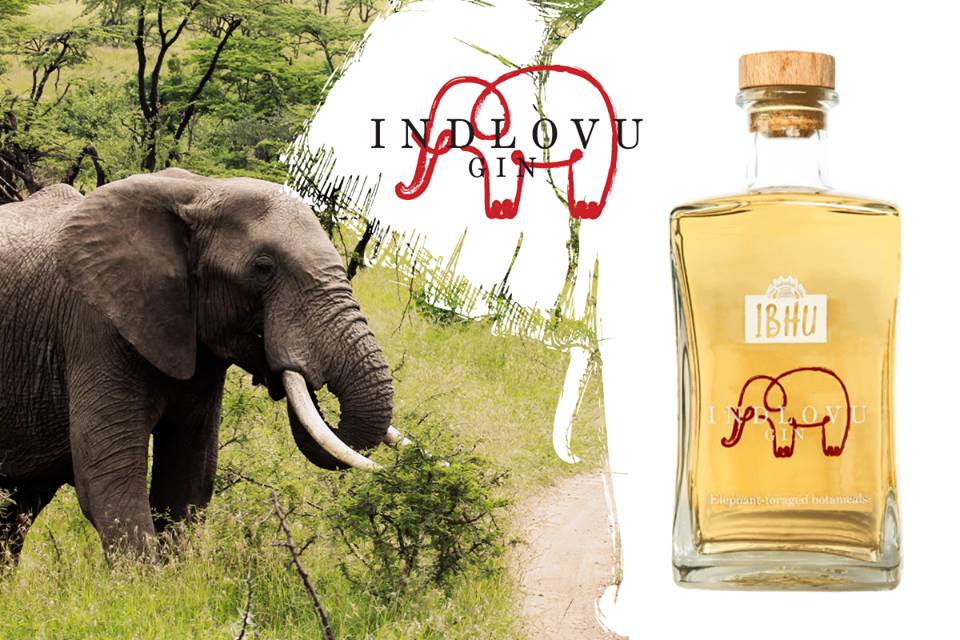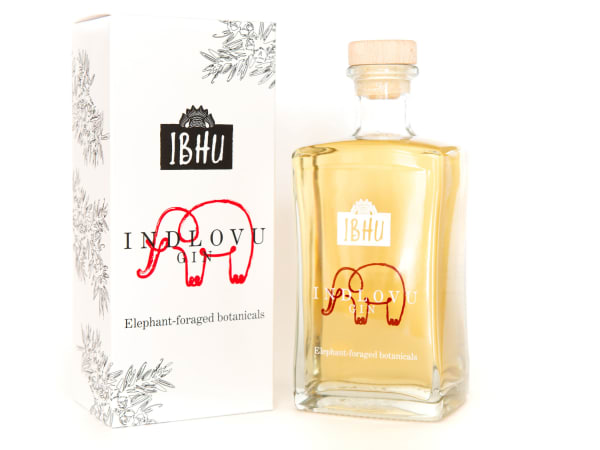A world first – this handcrafted, juniper led twice infused, distilled gin is made from elephant dung. Borne out of a ‘what if’ moment by ‘Ginnovators’ Dr Les Ansley and Professor Paula Ansley, whilst on a family safari, has resulted in something so unique you can’t help wanting to discover more.
In an increasingly crowded market, the key differentiator is that the botanicals used in the gin are selectively foraged by elephants, then extracted and cleansed from their dung for infusion. Under the guidance of leading ‘Gin Master’, Roger Jorgenson, the Ansleys created Indlovu Gin – an innovative gin that incorporates the foraging habits of the world’s largest land animal. Translated from several African languages, ‘Indlovu’ means elephant. Whilst sipping on her G&T on safari in Kenya, watching a herd of elephants quietly grazing, Paula recalls the game ranger telling them about the elephants’ foraging habits. Although elephants graze constantly throughout the day only a small percentage of what they consume is actually digested. This led to Paula’s lightbulb moment of researching and eventually creating an elephant dung-based gin, together with her ‘partner in crime’, husband Les.

Elephant dung is known to be brewed as a tea in Africa, as well as being used in traditional medicine for its remarkable healing properties. These medicinal qualities have been ascribed to the large variety of fruit and plants than an elephant consumes throughout the day. That same Savannah vegetation gives the Indlovu Gin its uniquely wooded, earthy flavours. The gin is a crystal clear golden colour, with aromas of Juniper, citrus, grassy and an element of earthiness. On the palate are a blend of flavours such as Juniper, Angelica, citrus with earthy undertones and spice from the elephants’ favourite foraged botanicals. ‘A sip of our gin will transport you to sundowners in the tranquility of the African bush,’ says Les.
As Les and Paula are passionate about wildlife and biodiversity, it became important to them that the brand underpins a strong conservation message. Therefore, 15% of the profits from the sale of the gin will be donated to the Africa Foundation to support their work in conservation through the Phinda Wildlife Project.




